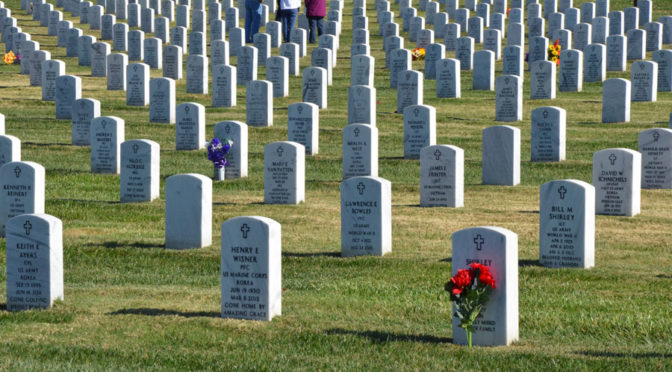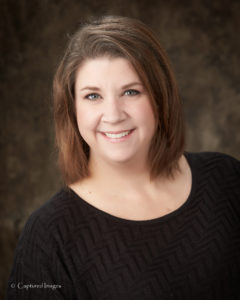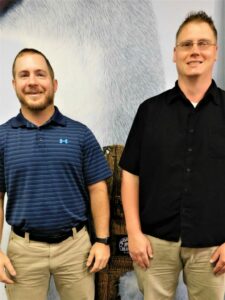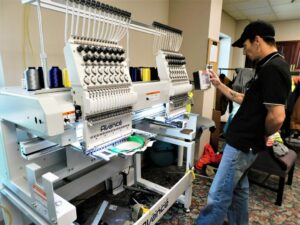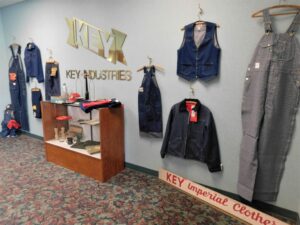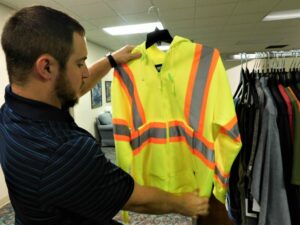Department for Children and Families Awards New Family First Prevention Grants
Kansas families will now have access to strong evidence-based programs designed to prevent the need for foster care.
Governor Laura Kelly along with Department for Children and Families Secretary Laura Howard awarded 18 agencies from across the state with $13 million in Family First prevention grants.
“From day one of my administration, I’ve made it clear that the safety and well-being of children in Kansas is my top priority,” Kelly said. “I am proud that Kansas, as one of the first states in the nation to implement Family First, has partnered with community organizations to support vulnerable families.”
The Family First Prevention Services Act (FFPSA) provides new federal funding for prevention activities. The funding is available for children at imminent risk of placement in foster care as well as parents or kinship caregivers. The Act provides federal matching dollars for evidence-based services rated as “well- supported” in the areas of mental health, substance use disorder, parent skill building and kinship navigation.
DCF awarded substance use disorder grants to:
- DCCCA for Adolescent-Community Reinforcement Approach services to teens in Crawford county.
- Kansas Children’s Service League for the Parent-Child Assistance Program in Shawnee county.
- Saint Francis Ministries for Seeking Safety in Sedgwick county and five counties in the West Region.
DCF awarded mental health grants to:
- Community Solutions, Inc. for Multisystemic Therapy in selected counties for each DCF region.
- Cornerstones of Care for Functional Family Therapy in the Kansas City Region
- Horizons Mental Health Center for Parent Child Interaction Therapy in Reno county and four counties in the Wichita Region.
- TFI Family Services for Parent Child Interaction Therapy in selected counties in the East, West, and Wichita Regions
- Saint Francis Ministries for Family-Centered Therapy in the West and Wichita Regions.
DCF awarded kinship navigation services to:
- Kansas Legal Services for Kin-tech. This program will serve 400 families statewide.
DCF awarded parent skill building grants to:
- Child Advocacy and Parenting Services for family mentoring in Saline and Ottawa counties.
- FosterAdopt Connect, Inc. for fostering prevention in Johnson and Wyandotte counties.
- Great Circle for Health Families America in selected counties for the East and Kansas City regions.
- Kansas Children’s Service League for Healthy Families America in Sedgwick county and selected counties in the East.
- Kansas Parents as Teachers Association for support to Parents as Teacher’s programming across the state.
- Success by 6 Coalition of Douglas County for Healthy Families America in Douglas County in the Kansas City Region.
- University of Kansas Medical Center Research Institute, Inc. – Project Eagle for Attachment and Bio-Behavioral Catch-Up Program in selected counties in the Kansas City and West Regions.
DCF also awarded the FFPSA grant evaluation to the University of Kansas Center for Research, Inc. The agency is required to engage in an evaluation of our Family First implementation and programs. In its role as Grant Evaluator, KU’s Center for Research will work with DCF prevention grantees to evaluate program data and information regarding outcomes in communities where the new programs are implemented.
As part of the evaluation effort, KU will convene regional and statewide advisory teams around Family First Prevention Services Act implementation.
The evaluation activities in this grant award begin in October and the grant may extend up to five years.
“I am excited that we are able to partner with agencies across the state to make Family First a reality in Kansas,” Howard said. “Whether you are in Cherokee or Cheyenne county, families will have access to strong evidence-based programs all with the goal of preventing the need for a child to enter the foster care system.”
DCF received 55 proposals for Family First prevention grant services. Grant review teams represented each region, DCF administrative staff, and representatives from the Kansas Department for Aging and Disability Services, the Kansas Department of Health and Environment, and the Kansas Children’s Cabinet and Trust Fund.
Team representatives had program expertise in foster care, mental health, early childhood programming, quality assurance, substance use disorder services, and prevention services.
The grants term awarded is October 1, 2019 through June 30, 2020.

